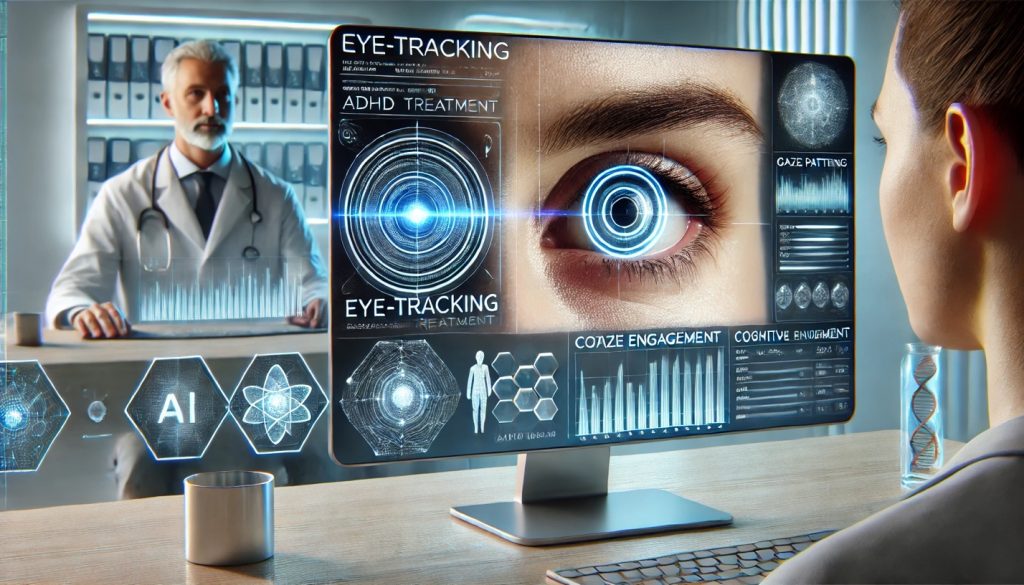HITLAB Team • February 26, 2025
Rare diseases affect millions globally, yet their small patient populations present enormous challenges for research. Recruiting participants for clinical trials can feel impossible, delaying progress and limiting options for those living with these conditions.
Technology is changing the landscape. Advanced data registries and AI-powered tools are helping researchers identify eligible participants faster and more effectively. These innovations accelerate recruitment and enhance the efficiency of clinical trials, helping to reduce the time and cost of bringing treatments to market.
Beyond trials, technology is transforming the way caregivers manage rare diseases. Tools that monitor behavior, track symptoms, and analyze patterns provide critical support for families navigating these complex conditions. For many, these tools offer peace of mind and a way to deliver better care, even from a distance. Digital health start-up MiraKare has stepped up to meet this need by creating a groundbreaking platform to support caregivers, patients, and advocates dealing with rare diseases, particularly those affecting cognitive abilities. MiraKare equips caregivers with the tools, knowledge, and insights they need to manage care confidently and proactively.
The platform centralizes care management by integrating health data from wearables, IoT devices, and caregiver journals. This data is transformed into actionable insights, enabling caregivers to understand better and address the care recipient’s needs.
At the heart of MiraKare’s mission is a commitment to amplify the “wellness voice” of individuals with rare diseases unable to express their needs, enhancing caregiving experiences and improving outcomes for caregivers and those they care for.
Rare Disease Day is a chance to recognize the strides being made by MiraKare and others in this field while highlighting the urgent need for continued investment. By embracing technology, we can unlock new possibilities for research and improve the quality of life for patients and caregivers alike.
Learn more about
Share the article!:
Explore Recent Posts


